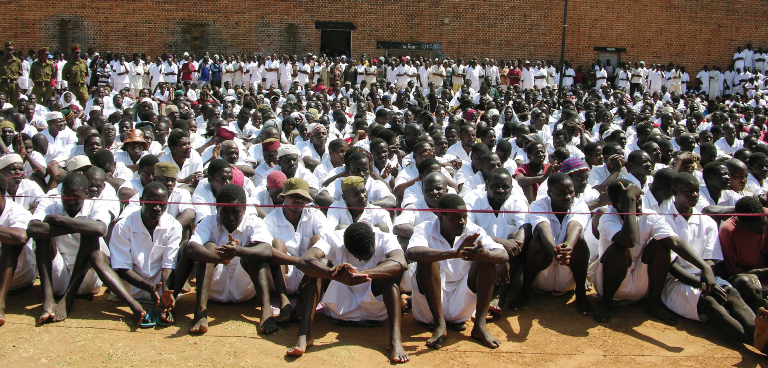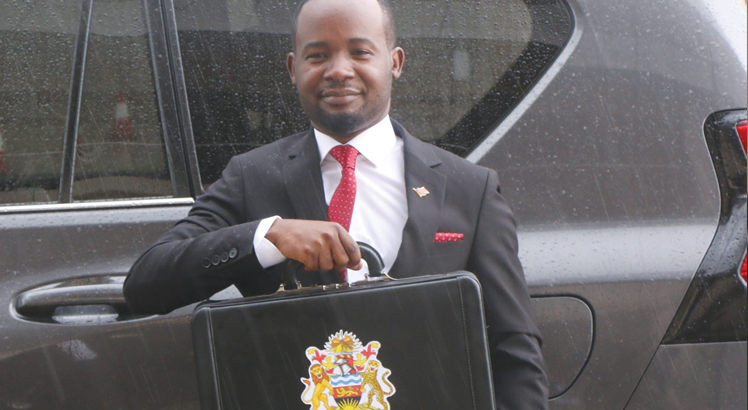The Centre for Human Rights Education Advice and Assistance (Chreaa) and DVV International is implementing a Prison Education Project (PEP) which, among others, aims at equipping inmates with vocational skills. Our News Analyst LLOYD CHITSULO caught up with Chreaa executive director VICTOR MHANGO, who gives details about the project. Excerpts;
Both prisoners and warders require counselling
What is this project all about?
This Prison Education Project (PEP) is basically all about provision of education to inmates through numerous vocational programmes. Such programmes include teaching them tailoring, barbering and carpentry. Besides, the project is also about teaching soft skills such as psychosocial counseling, which we believe is critical as regards the lives of inmates.
What is the importance of equipping inmates with these skills?
We believe that when prisoners are equipped with such skills, they will be able to improve their livelihoods once released from prison. We also believe that this will in the long-term reduce recidivism, the tendency of a convicted criminal to reoffend-and facilitate the successful reintegration into the society. So, we believe that through this project, we will be able to achieve a lot, especially by reforming the inmates.
Another component under this project is mental health to both inmates and prison officers. Why this approach?
We are of the view that counselling sessions with inmates are important. We believe that counselling helps them mentally and that it prepares them for life after prison. This is also important because it helps to avoid recidivism. Inmates should not be ignored and this is why this component was included in the programme and we believe that we are playing an important role as regards to such.
And why should prison officers be counselled?
We believe counselling prison officers is equally important; hence, we could not counsel the inmates only and leave out the prison officers. Counselling the prison officers is important mainly on the basis that it helps to build a positive attitude in them and towards the inmates. Again, this is important because the prison officers will be able to reform. Besides, we also believe that counselling them is important because they will be able to help themselves, especially when they are going through work stress and depression.
Is the project achieving its intended objectives?
Yes, we believe that this project is achieving its intended purposes which we are proud of. This is based on what we have observed from inmates that have undergone this programme and have since graduated. We have observed that from the inmates that have undergone this programme, they have totally reformed and those that have been released from prison have already started working on skills they have acquired. We have already graduated more than 60 inmates in this programme and we are happy with the strides we are making.
Any last words?
We need to appreciate that there is no place to put our relatives who have finished prison sentences. They will obviously reintegrate in the same communities that they have wronged. As such, it is important that we should prepare them for the challenges ahead. We need to accept them as human beings, re-establish family ties and support.
The post ‘Inmates should not be ignored’ first appeared on The Nation Online.
 Moni Malawi
Moni Malawi 

